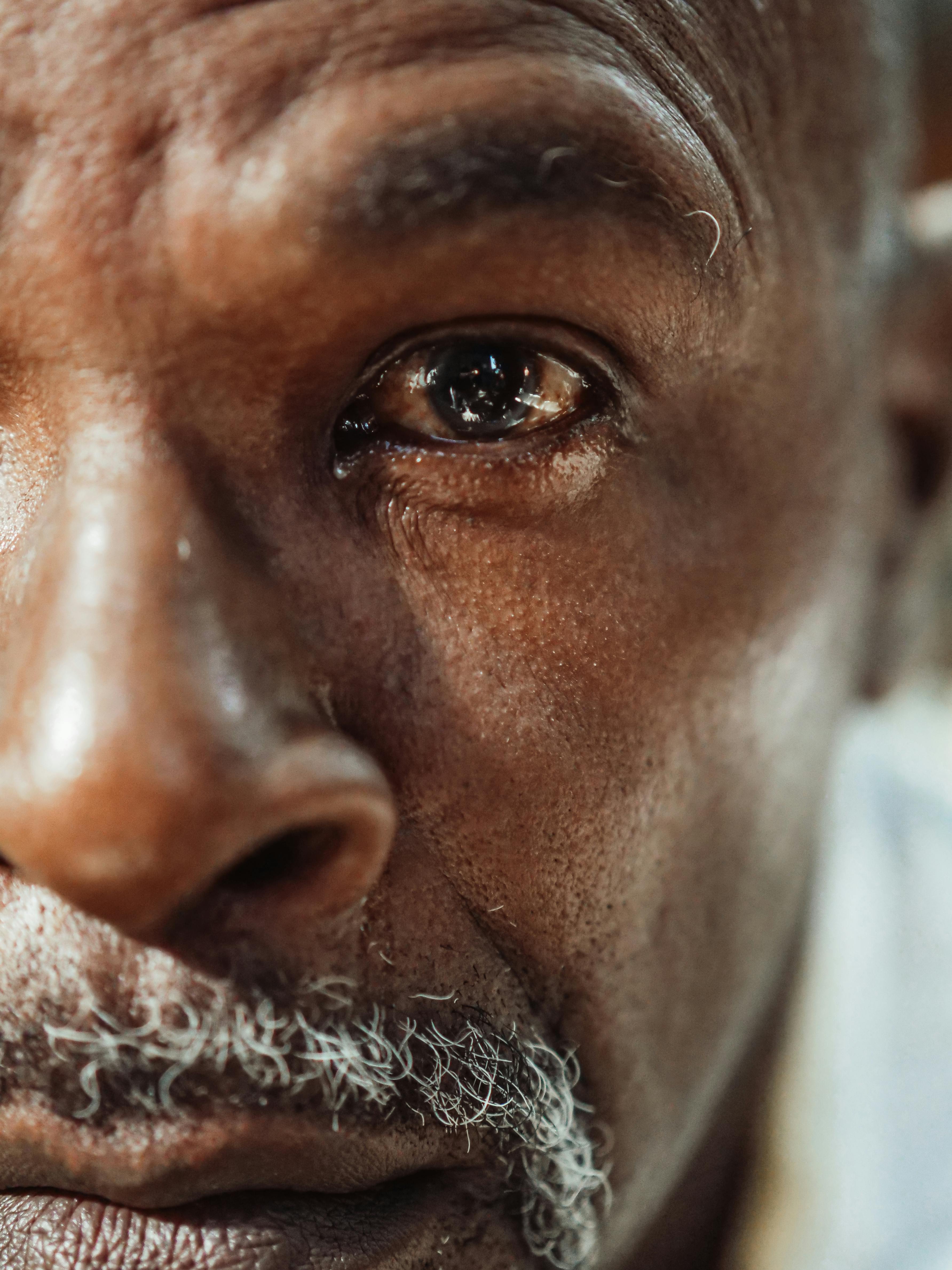Financial strain worsened loneliness for older adults during the COVID-19 pandemic.
Many older adults struggled with loneliness during the early months of the COVID-19 pandemic, but new research suggests that financial hardship made it even worse. A study from Ohio State University found that those without emergency savings felt more isolated, regardless of their income level. The stress of potential debt, particularly credit card debt, seemed to play a role in deepening feelings of loneliness.
The study followed more than 7,000 adults aged 65 and older during the pandemic’s early months. Participants were asked how they would handle an unexpected $400 expense. Those who said they would need to charge it to a credit card and pay it off over time were more likely to report feelings of loneliness compared to those who had savings to cover the cost. Researchers believe financial stress can lead to withdrawal from social interactions, as older adults may feel embarrassed or hesitant to discuss money problems with family and friends.
Loneliness has long been recognized as a significant health concern for seniors, increasing the risk of depression, cognitive decline, and other health issues. The pandemic heightened this issue, with lockdowns and social distancing measures limiting opportunities for face-to-face interaction. However, the study found that even as restrictions eased, loneliness persisted for many, particularly those struggling financially.

The emotional toll of financial stress isn’t new. Previous studies have shown that financial insecurity is tied to higher levels of anxiety and depression in older adults. Without a safety net, unexpected expenses can cause worry and strain, leading to isolation. Many seniors may cut back on social outings or avoid discussing their struggles, further deepening their sense of loneliness.
During the pandemic, many participants took precautions like wearing masks, social distancing, and frequently washing their hands. The study explored whether these actions influenced feelings of loneliness based on financial status. The findings suggested that having or lacking financial resources didn’t impact how these safety measures affected loneliness. In other words, pandemic-related restrictions contributed to isolation across the board, but financial hardship made it even worse.
One might expect that as lockdowns lifted, loneliness levels would drop. But researchers found that wasn’t necessarily the case. For those lacking emergency savings, feelings of isolation remained. The study suggests that loneliness caused by financial stress doesn’t simply disappear when outside circumstances improve—it can have long-term effects.
This research highlights the importance of preparedness in preventing financial hardship, particularly for older adults. While not everyone has the ability to build emergency savings, resources like financial planning and credit counseling could help seniors manage money-related stress. Programs that offer financial education and assistance in budgeting could make a difference in both financial well-being and emotional health.
The study’s findings serve as a reminder that financial struggles go beyond numbers on a balance sheet. Money problems can have a deep emotional impact, influencing mental health and social connections. Addressing financial insecurity among older adults could be a key factor in combating loneliness, not just in times of crisis but in everyday life.
Sources:
Financial strain linked to increased loneliness in older adults
The association of financial resources and loneliness among older adults during a state of emergency


Join the conversation!